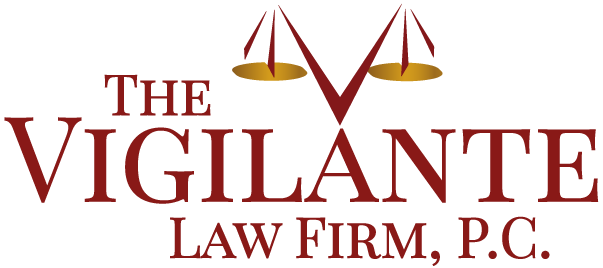
First things first: it is unacceptable to be treated any differently by your employer simply because you work remotely. This is mainly because the federal Fair Labor Standards Act (FLSA) enforces the same employment laws for on-site workers and remote workers alike. This applies even though these laws have yet to be specifically refined for remote work, which has become all the more common since the COVID-19 pandemic. Read on to discover what labor laws apply to remote employees and how one of the seasoned New Jersey employment lawyers at The Vigilante Law Firm, P.C. can ensure you receive the protection you are entitled to.
As a remote worker, am I also considered a nonexempt worker?
It is important to note that the employment laws within the FLSA apply strictly to nonexempt workers. More specifically, nonexempt workers are generally those who are paid hourly and therefore eligible to receive overtime pay for all hours worked beyond 40 hours in a given workweek. And if you are paid by salary, federal and New Jersey state laws hold that you may still be entitled to overtime if you earn less than $684 per week or $35,568 per year.
With that being said, it is quite possible to be classified as both a remote worker and a nonexempt worker that is protected under the FLSA. So you must ensure that your employer is not misclassifying your job type as an executive, professional, outside sales employee, or otherwise; and that you receive the pay that you worked so hard to earn.
What other employment laws apply to remote employees?
Aside from overtime pay, the FLSA protects remote workers with minimum wage and recordkeeping laws. For one, if you are paid hourly, you are entitled to earn at least $14.13 per hour in the state of New Jersey. Secondly, your employer is obligated to maintain your wage and hour records for at least six years. What’s more, they are required to report it to the proper authorities. Such recordkeeping should consist of the following information:
- Your name.
- Your address.
- Your date of birth, if you are under the age of 18.
- The total hours you have worked each day and each workweek.
- The total overtime hours you have worked each day and each workweek, if applicable.
- The earnings you have made (i.e., regular hourly wage, gross pay, itemized deductions, net pay, the basis on which the wages were paid, etc).
- The total gratuities you received during the payroll week, if applicable.
- The fringe benefits you have received for approved plans, if applicable.
For these reasons alone, you must consult with one of the competent New Jersey employment lawyers immediately. Our team at The Vigilante Law Firm, P.C. is happy to advise you.


